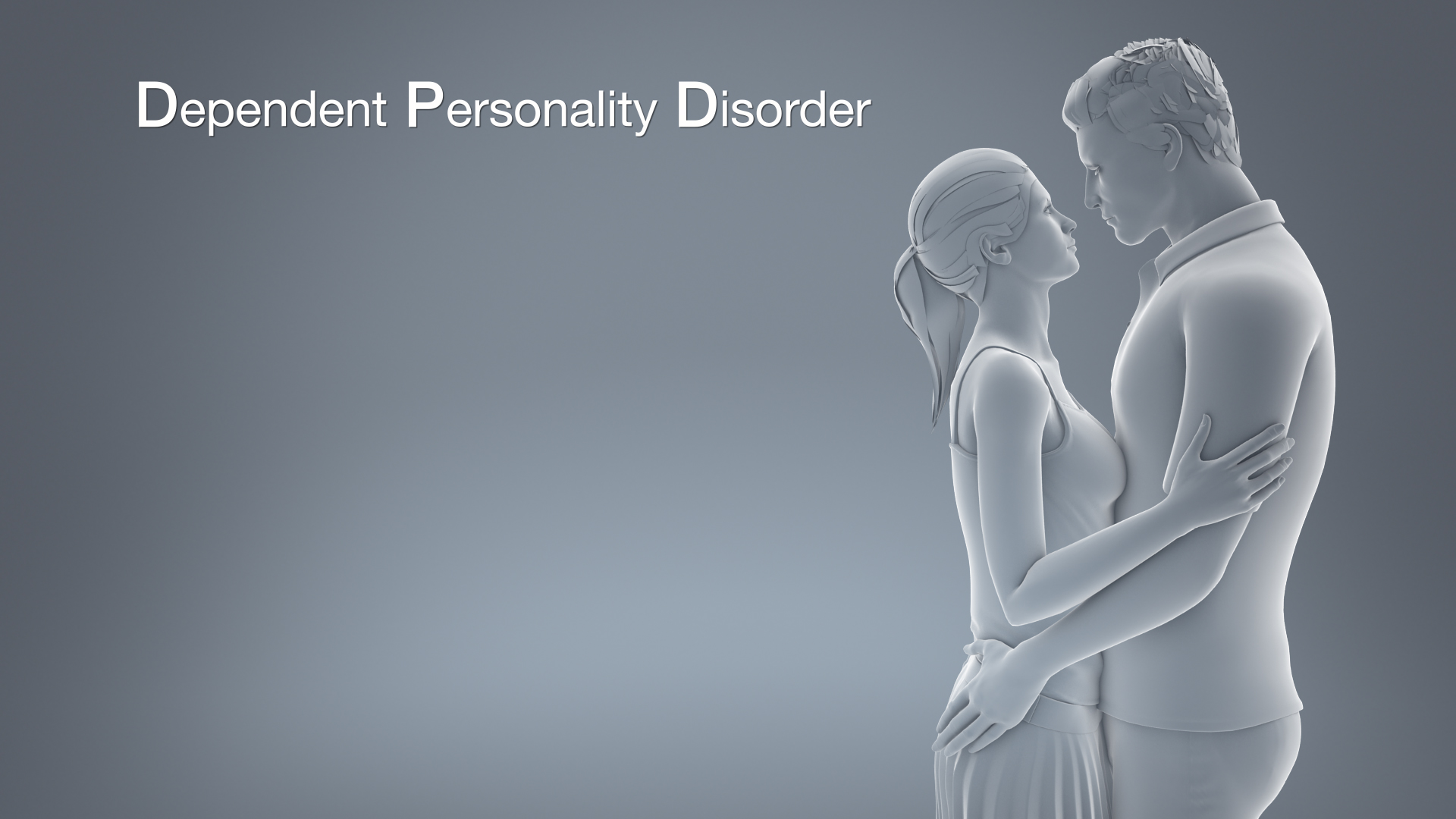Dependent personality disorder is an anxious personality disorder in which people develop symptoms of anxiety when they are not around other people. People suffering from this disorder are deeply dependent on others for support, reassurance comfort and advice. They are emotionally overdependent on other people and make a lot of effort to please them. Dependent personality disorder is actually one of the most often diagnosed personality disorders. It affects both men and women and usually occurs in early adulthood.

Symptoms
The most common signs and symptoms of dependent personality disorder are:
- Inability to make simple everyday decisions without the advice and reassurance of others
- In constant need of reassurance
- Getting easily hurt by disapproval of others
- Getting nervous when alone
- Being extremely submissive
- Being oversensitive to criticism
- Lack of self confidence
- Pessimistic
- Having a strong fear of rejection
- Difficulty being alone
Causes
The exact cause of the disorder remains unknown. However, it is most likely a combination of biological, psychological, developmental and temperamental factors. An authoritarian or overprotective parenting style can also lead to the development of this disorder.
Treatment
The treatment used in treating dependent personality disorder focuses on alleviating the symptoms. Psychotherapy is the immediate course of treatment. It helps a person in building self esteem and getting into healthy relationships. It also helps a person to get more independent and helps in confidence building. People suffering from this disorder may also be suffering from anxiety and depression and medications are used to alleviate those symptoms.
It is quite important to diagnose and treat people suffering from dependent personality disorder because if left untreated, in some cases it may lead to depression, substance abuse, various phobias and other personality disorders such as panic disorder, avoidant personality disorder and obsessive compulsive disorder.
Disclaimer: The information in no way constitutes, or should be construed as medical advice. Nor is the above article an endorsement of any research findings discussed in the article an endorsement for any of the source publications.
Sources-
- https://www.webmd.com/mental-health/avoidant-personality-disorders#2
- https://www.psychologytoday.com/intl/conditions/dependent-personality-disorder
- https://www.webmd.com/anxiety-panic/guide/dependent-personality-disorder#2
- https://www.healthline.com/health/dependent-personality-disorder#causes-and-symptoms
Borderline personality disorder is a type of mental health disorder that is characterised by a pattern of varying moods, poor self-image and odd behaviour. It impacts the way one views oneself and others and hence, causes difficulty functioning in everyday life.
Read More..
Signal transmission occurs across the nervous system as the neurons conduct electrical signals to and from the brain and spinal cord. This is possible because of a critical component present the neuron structure - the myelin sheath, that acts as an electrical insulator, and speeds up action potential conduction.
Read More..











